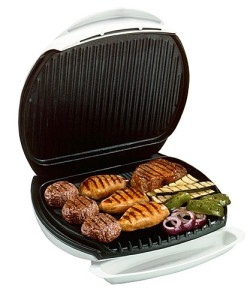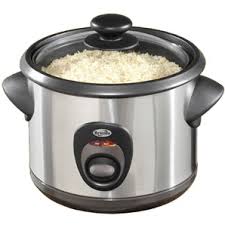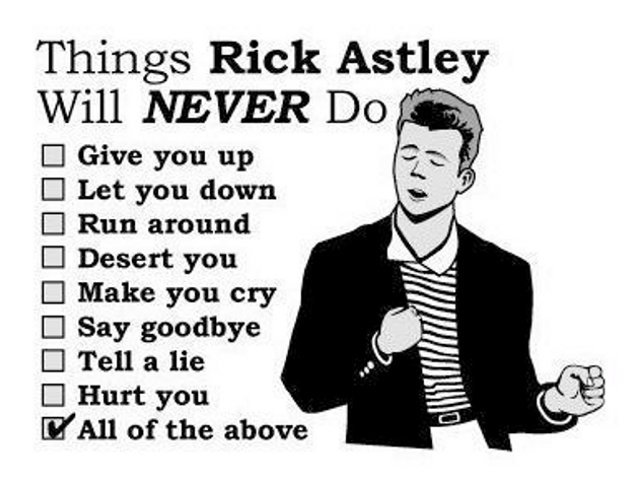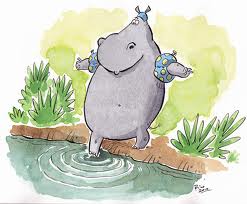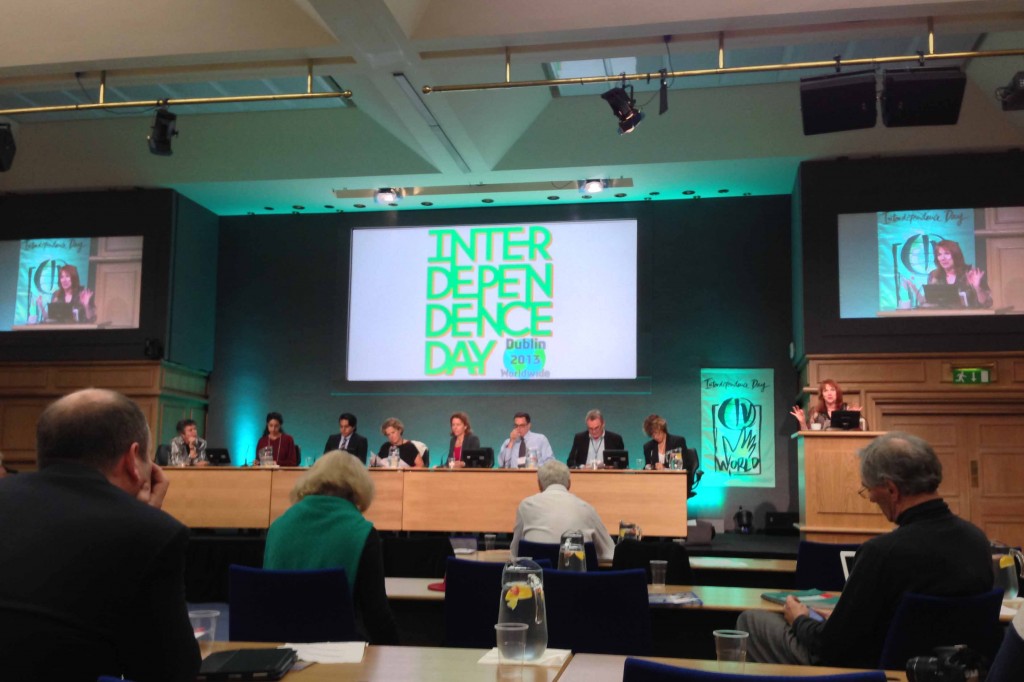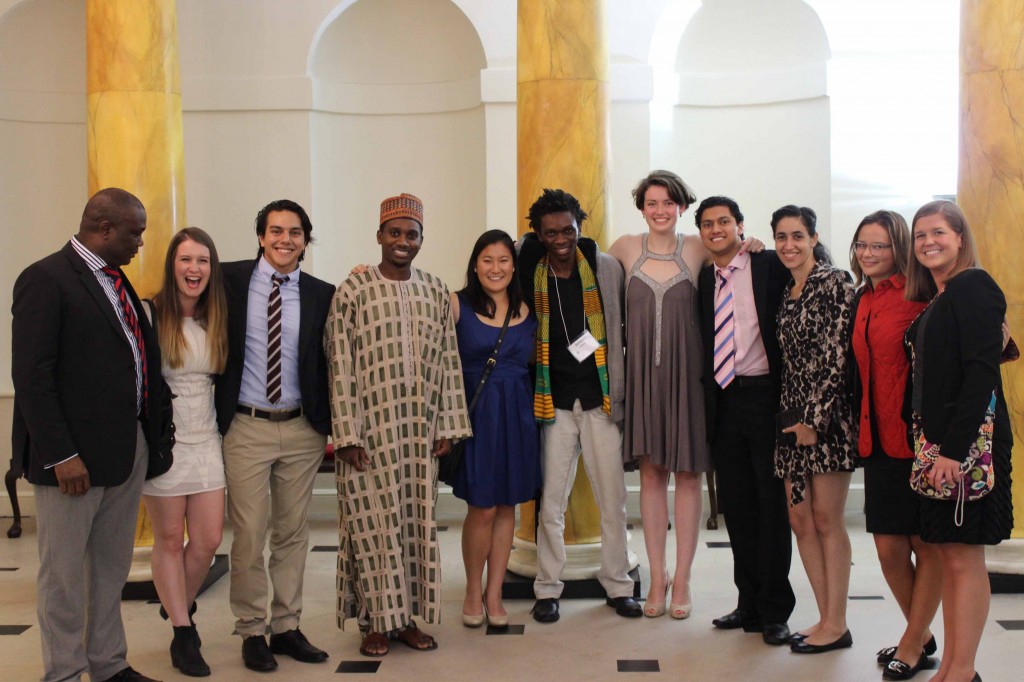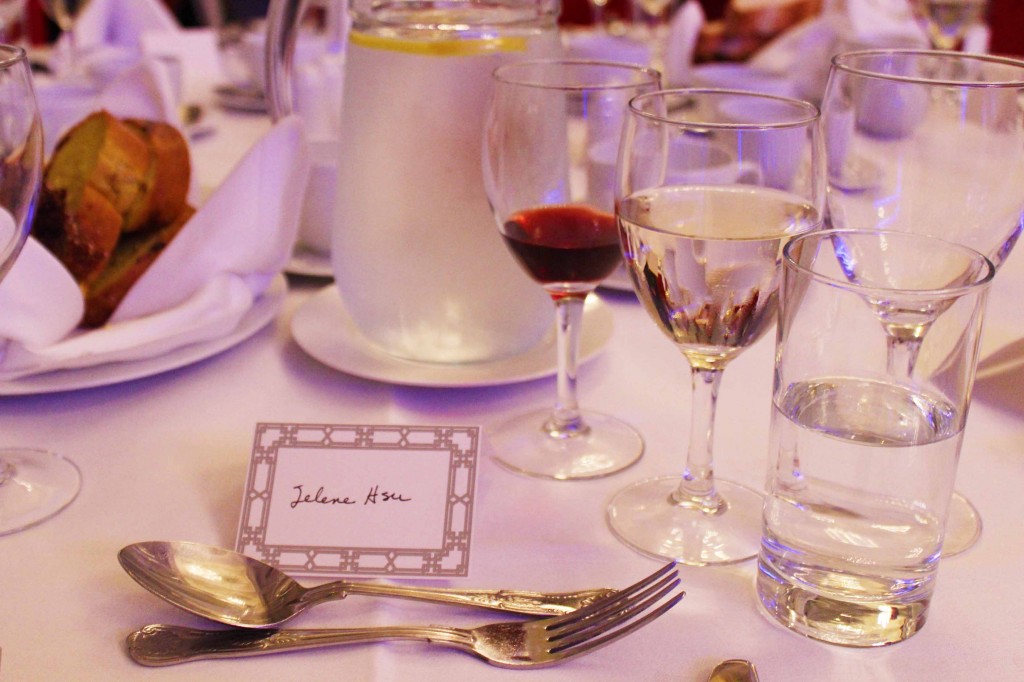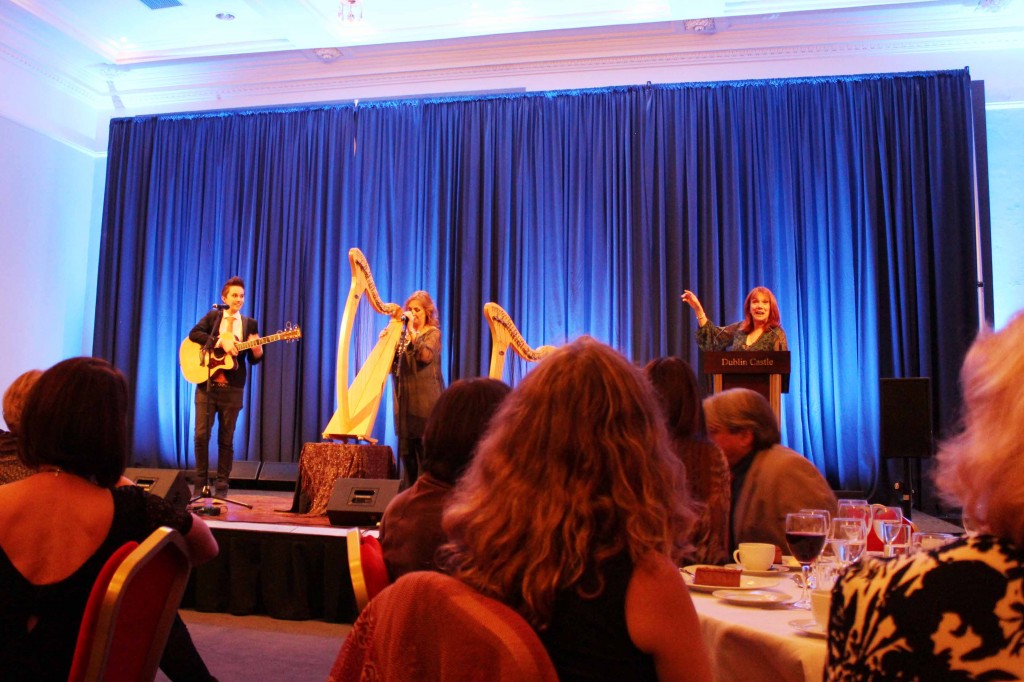It occurred to me recently that upon entering the Real World I’ll need to be armed with more than my Bachelor’s Degree in Psychology. So I’ve been soliciting advice from real live grownups (and created some of my own) about what we actually need to function in the real world.
FOR THE HOME:
1. A George Foreman Grill
I make really excellent cereal and Poptarts, but my talents end there, hence this recommendation. A George Foreman Grill has you covered for everything from a panini to chicken breasts, and BONUS, it’s really easy to clean.
2. A rice maker
Rice is delicious, cheap, great with absolutely any dish, and really easy to make perfectly once you have one of these gizmos. Much adult. Very grownup.
3. A crockpot
Did you know you can just put food in a crockpot in the morning and when you get home you have a meal?! THAT IS SO COOL. This totally feels like cheating at adulthood, but I’m ok with that.
4. A refined taste in alcohol
When attending a Happy Hour or cocktail party at work, it will no longer be appropriate to request vodka and Redbull, vodka and whatever-Crystal-Light-package-you-have-on-hand, vodka shots with orange juice chasers, or Natty Light. Put the “adult” back in “adult beverages” and learn to order something like a boring glass of wine and refrain from openly gagging when drinking a Manhattan.
5. Renter’s Insurance
This advice comes from one of CP&R’s own career counselors, Lesley Bonds, who watched the ceiling of her apartment fall down onto everything she owned because of a broken water heater in the apartment above her. She spent the next few months on friends’ couches until her apartment was repaired and had to pay for all of it herself. Needless to say, she highly recommends renter’s insurance.
6. Laundry know-how
Yes, this was supposed to be something we learned in college, but we didn’t. So, here’s how to fold a fitted sheet, here’s how to know what spin cycle and temperature to use, and here’s what all of those mysterious symbols on your tags mean.
FOR YOUR CAREER:
7. Financial knowledge
This requirement breaks down into 3 sections: budgeting, investing, and saving. We need to learn to budget because allegedly part of this whole career-thing is that someone is going to give us money every 2 weeks or so, meaning, we’ll need to start keeping track of how we spend it. Here’s a helpful guide for learning to budget (and another) (and another)! As for investing, it may not be as essential as budgeting, but knowledge of the stock market does seem to be one of the topics that is important at boring grownup dinner parties, so we should probably learn about it. (Here are a few other reasons investing might be important, in case you aren’t convinced.) Which brings me to the hard one: saving. As I said, money is going to be put into our account EVERY MONTH. THAT’S SO EXCITING, but according to my budget, I can’t spend all of it on ice cream and Golden Oreos… A lot of that salary is going to need to be saved for future expenditures like vacations and houses, but also for more prudent investments like retirement. This seems like a lot, but we still have 2 months and CP&R regularly hosts finance workshops that I highly recommend!
8. A baby lamb voice
If you aren’t lucky enough to know Grace Ditsworth, this title might not immediately make sense, so I’ll explain: Grace has a voice that can calm any pushy employer, annoyed parent, or overwhelmed student and quickly convince them that everything really will be ok. This voice will be absolutely necessary in any stressful work environment, airline confusion, and family engagements. DO NOT graduate without it. So far, I don’t have any references for how to attain it, but I’m hoping that Grace will teach an EPP class on it soon.
9. An (Updated) LinkedIn Profile
There’s much debate about this, so let me start of by saying, Pre-Med Students: no, I’m not talking to you; please don’t get frustrated with me. Everyone else, why not make one while you can still get help from Valinda Lee (Assistant Director of CP&R and Scripps’ Unofficial LinkedIn Master)? Pros: more and more people are using it these days; networking becomes super easy; and (my favorite part) there’s no one page limit! Cons: yet another thing to do.
FOR GENERAL SURVIVAL:
10. Bravery.
Let’s face it, there’s a theme to my blogs this semester: THE REAL WORLD IS SCARY. We’re leaving our very comfortable Claremont bubble and aren’t really sure about what’s ahead. But, as Rory not-so-eloquently states in the penultimate episode of Gilmore Girls, “There are a just a lot of things right now in my life that are undecided. And that used to scare me but now I kinda like the idea that it’s just all kind of… wide open.” So we’ll need to be brave and gain a sense of adventure.
… while keeping our parents on speed-dial and remembering that we can continue to make appointments with CP&R even after graduation.

